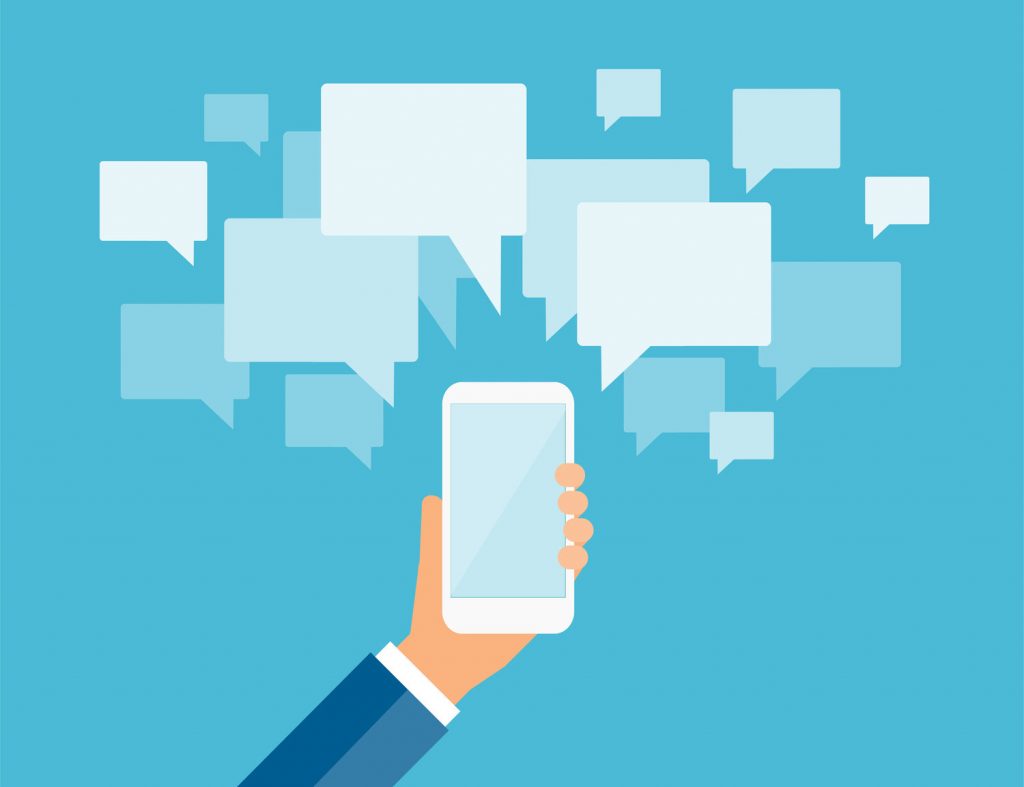William McDonald, chief technology officer (CTO) at StarLeaf, discusses messaging in healthcare and the dangers of using insecure communication platforms.
Social media is the modern medicine for wagging tongues and communal chat. It is the panacea for a digitally hungry generation and a platform for participation that globally pulses every second with voice and video calls, image sharing, and messaging. However, used for the wrong purposes, it can leave medical professionals with a big headache – a major data breach.
So, as pressures on the health service are intensifying to diagnose and communicate more quickly, are we in danger of creating a data-dystopian society, which is putting patients’ information at risk?
What’s the problem?
According to messaging in healthcare research undertaken by BMJ Innovations, WhatsApp is used by 97% of doctors to routinely send patient data without gaining consent, albeit that 68% were ironically concerned about sharing information in such a public way. This is a worrying trend given that information security is paramount today and that recent Public Health Sector cyber-attacks have devasted systems with ransomware and malicious botnets.
Falling foul of data security can be a bitter pill to swallow. With the EU’s General Data Protection Regulation (GDPR) having the power to bite with hefty fines, being non-compliant will be damaging to both reputation and finances. Today, people are empowered cybercitizens who can enforce the ‘Right to be Forgotten’ and demand consent before their sensitive information is shared, stored, and used for commercial purposes.
Vulnerabilities within messaging services raise serious concerns around end-to-end encryption on platforms, such as WhatsApp, and the data-in-transit security on phones and servers must comply with NHS security and privacy standards. Smart hackers choose to target these platforms because they contain weak security, which acts as an open door to steal valuable biomedical data to commit identity fraud. Once a cybercriminal has built a profile of an innocent victim, it is possible to use this information to access their bank accounts, on-line shopping channels, and even government held information.
Another concern for healthcare services is the potential for data misuse by staff that leave their job at the organisation. If they have been using WhatsApp on their personal devices to send and receive patient data, they will still have access to this data when they leave the organisation. This could constitute a serious breach of data privacy regulations, and open patients up to their data being misused. A secure, integrated messaging platform managed by IT staff could prevent this kind of data breach, by ensuring that employees cannot access this data once they have left the organisation.
The British General Medical Council (BGMC) clearly states “the standards expected of doctors do not change because they are communicating through social media rather than face to face or through other traditional media.”
In the United States, exploitation of detailed personal information like Social Security numbers and patient’s medical history is on the increase. The use of inappropriate mobile apps has crippled hospital systems resulting in sick people being denied vital healthcare. Alarmingly, in April 2018 the California Department of Developmental Services reported that medical records of 582,174 people had been stolen by hackers.
Patient confidentiality and safety are of paramount importance. Heads of Medial Centres and their IT departments recognise the need for effective messaging services but have stressed that free apps are not appropriate for professional use. Dealing with data confidentiality does not have to be complex. Robust solutions with intelligently designed cloud architecture will safeguard the operation.
Easy to swallow solutions
Doctors need the freedom to stay in touch with colleagues whether they are in hospitals for consultation or simply on the move. With a reliable face-to-face communication platform, through which meetings can be easily set up and rescheduled to accommodate clients, physicians can swiftly share patient information with the knowledge that transmission is secure.
StarLeaf, a pioneering leader in video conferencing solutions, has revolutionised how organisations seamlessly connect people through secure video conferencing, messaging, and mobile apps – all supported by the secure StarLeaf cloud. These cost-effective products work from anywhere, on any device, to cater for a dispersed workforce. By improving the way in which medical staff operates, compliant mobile messaging tools play a vital role in enabling colleagues to intuitively share messaging or call via video chat to speed up decision-making and collaborate more easily.
A clean bill of health
Doctors have an ethical, legal, and contractual duty to protect patient confidentiality. One single breach of patient confidentiality could result in numerous patient complaints or even a disciplinary action from governing authorities.
The prognosis suggests the remedy is less WhatsApp and more of what’s essential in healthcare – safety, reliability, and robust communications. As the medical profession looks for cost-effective solutions, now is the time to keep its finger on the pulse of innovation and safeguard patient care.

